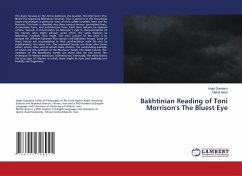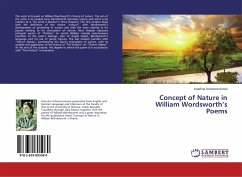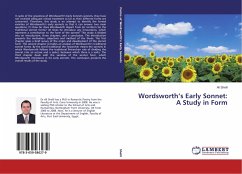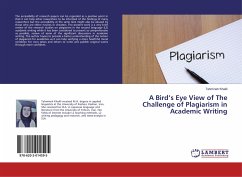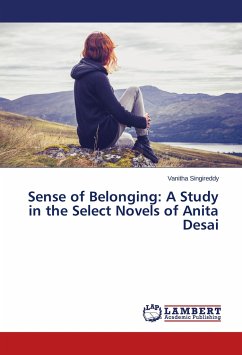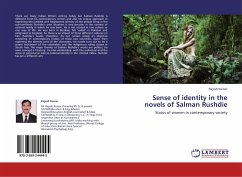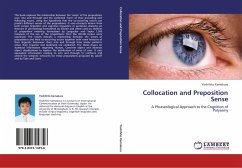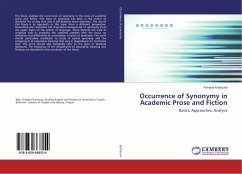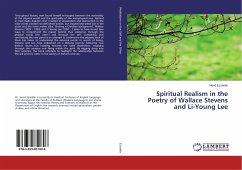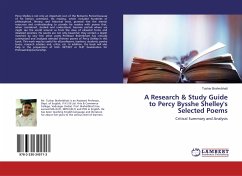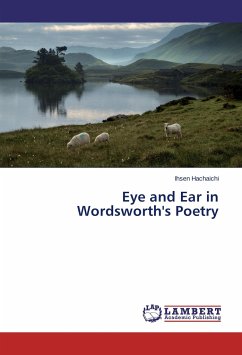
Eye and Ear in Wordsworth's Poetry
Versandkostenfrei!
Versandfertig in 6-10 Tagen
34,99 €
inkl. MwSt.

PAYBACK Punkte
17 °P sammeln!
This book reassess what seeing and hearing mean for British Romantic poet William Wordsworth and the role of the imagination in the visual and aural phenomenology. It challenges the existing categories of analysis by proposing two claims. The first is that the judgment of the small contribution of the bodily eye to Wordsworth s poetry should be undermined. The second is that the usurpatory eye and the magnifying ear connect together beyond their respective negativity, and contribute evenly to the making of poetry. The book neither confirms nor rejects the critical pronouncements that concluded...
This book reassess what seeing and hearing mean for British Romantic poet William Wordsworth and the role of the imagination in the visual and aural phenomenology. It challenges the existing categories of analysis by proposing two claims. The first is that the judgment of the small contribution of the bodily eye to Wordsworth s poetry should be undermined. The second is that the usurpatory eye and the magnifying ear connect together beyond their respective negativity, and contribute evenly to the making of poetry. The book neither confirms nor rejects the critical pronouncements that concluded many discussions about the functions of the eye and the ear in Wordsworth's poetry. Rather, its aim is to bring to light the other directions that have not been provisioned in those critiques.



